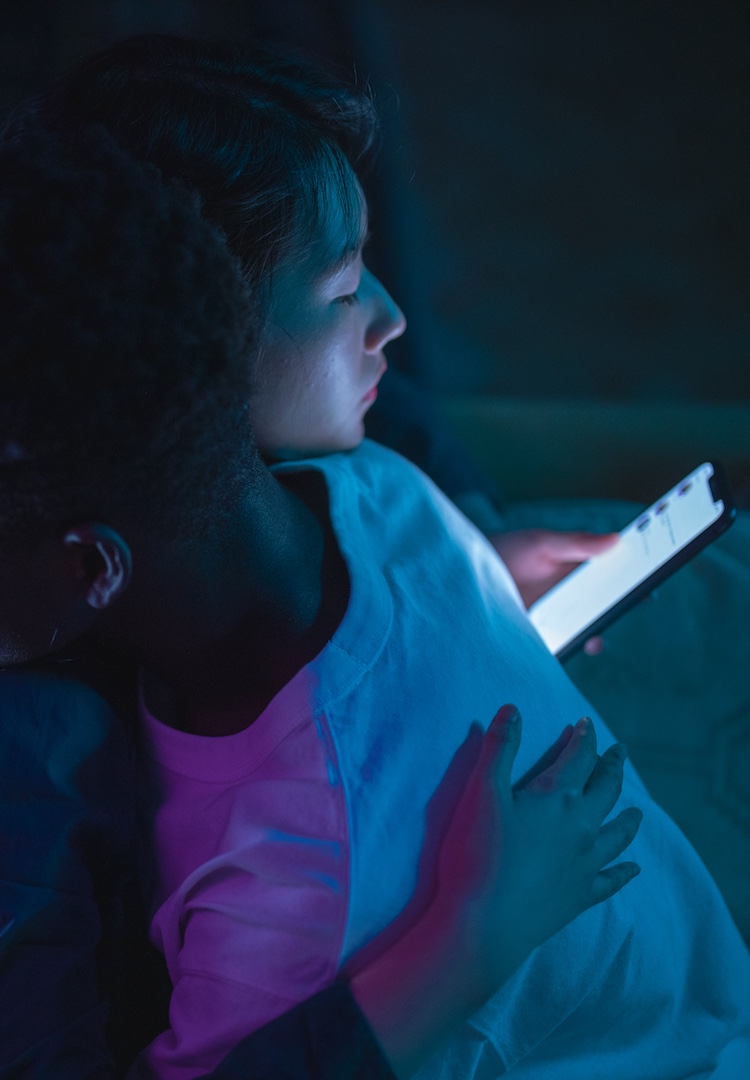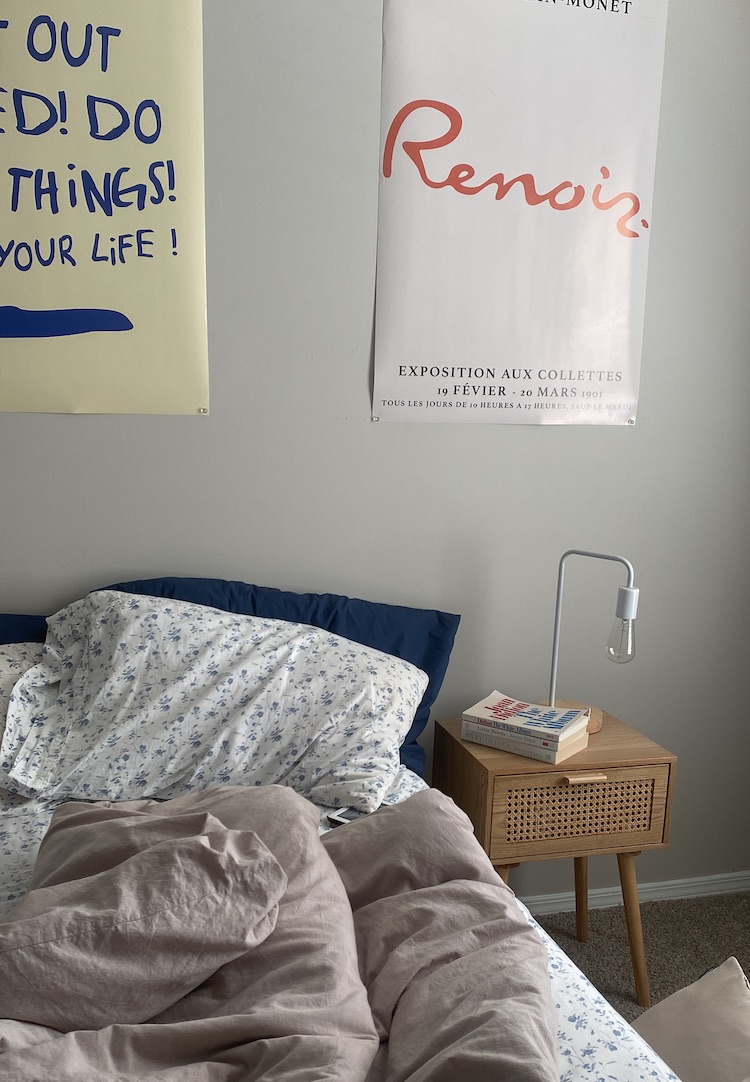Ever had intrusive thoughts in a relationship? Here’s everything to know about relationship OCD
Words by Emily Holgate
“It’s really tempting for us to want to tend to the fears and doubts of our partner, but often that grows the fear.”
Most of us are guilty of obsessing over relationships – whether it’s planning an imaginary wedding with someone you just met, or complaining to your friends that your Tinder date hasn’t texted you back.
A touch of healthy obsession never killed anyone (I mean, unless you’re Joe Goldberg). But if you’ve ever had intrusive, unwanted thoughts about your relationship, the issue might be more serious.
Interested to hear how others navigate the world? Head to our Life section.
Do you suddenly worry that you may not love your partner? Ever wonder if you’re actually attracted to them, or just bored? Maybe you’re in an on-again, off-again situation, or constantly engage your partner in lengthy conversations about your attraction to other people. If you’ve experienced any of these thoughts or behaviours, you might have relationship obsessive-compulsive disorder (R-OCD).
It’s a surprisingly common scenario – particularly with those already predisposed to anxiety or OCD – where obsessive thoughts and compulsions occur within a relationship. These might appear in the form of comparing your partner to other people, worrying or attributing your bad mood to your happiness in the relationship, or creating drama where there are no issues present.
Curious to find out more about what causes R-OCD, and what the symptoms look like in a relationship, I turned to couples therapist Tess Reilly-Browne for some answers. “R-OCD is really just a subtype of OCD, so it [consists] of obsessions and compulsions,” she tells me. “The obsessions present as intrusive thoughts, feelings, doubts or urges that you might have about the relationship. Then the compulsions show up as repetitive physical and mental acts [in an attempt] to relieve the stress or anxiety caused by the intrusive thoughts.”
When I ask Tess what these thoughts are like, she says that they are “highly nuanced and individualised according to the neurology and past experiences of the person having the thoughts”. Essentially, every scenario is different.
“It can be worries about themselves within the relationship, or even about people outside of the relationship, such as urges to cheat on their partner. The anxiety presents like the normal anxiety that we all experience. But it’s the obsessiveness, the degree of distress and the relentlessness that categorises R-OCD.”
Sometimes, especially at the beginning of a relationship, we can have worries or doubts about whether or not they’re ‘the one’ – we’ve all been there. But as Tess explains to me, it’s when these thoughts are repetitive, and continuous, especially in long-term relationships, that it might be worth seeking therapy for R-OCD.
Of course, it’s healthy to have conversations about how you’re feeling with your partner. But if you find yourself constantly discussing your doubts about them, or asking your friends if they think there’s something wrong with your relationship, these may well be compulsions, which are far from sustainable.
“I often work in the area of trauma, where emotion-focused therapy (EFT) and somatic therapy can be the most effective way of getting to the bottom of where these feelings of anxiety come from,” Tess tells me. She explains that OCD is an anxiety disorder, and often anxiety can stem from trauma, so it’s important to figure out the source of someone’s insecurities, anxieties or relationship issues.
But Tess also explains that there’s not a lot a partner can do to help if you’re experiencing R-OCD symptoms – it’s a disorder that needs to be dealt with individually, with a therapist.
“If a couple came to me with this issue, I’d be very likely to encourage the individual to go to an OCD specialist,” she tells me. “Then, once they’ve done their [systematic] desensitisation [a graduated exposure therapy] and/or are prescribed with appropriate medication, you’d bring them and the partner back into relationship therapy. [This helps] the other partner to develop an empathic understanding so they don’t fall into tending to their fears.
“It’s really tempting for us to want to tend to the fears and doubts of our partner, but often that grows the fear. Sometimes [not tending to] it helps to strengthen a person’s ability to sit with the uncomfortable feeling. This can help to release the fear… like exposure therapy.”
Tess also explains that once someone is seeing an OCD specialist, it can be effective for that specialist to liaise with their relationship therapist (if they have one) so that everyone is working on the same page. She says that the OCD therapist might have the partner attend appointments as a support person, to help grow their understanding and reassure them that these symptoms won’t last forever. “Partners can be extraordinarily tolerant when they know the other is trying and seeking help,” she says.
It’s important to note that R-OCD presents differently in each individual and relationship. If you resonate with these insecurities and feelings of doubt, it’s worth chatting to a therapist to see where you stand. Or if you notice your partner vocalising these types of thoughts or giving into R-OCD compulsions, know that it’s not necessarily your fault.
For more advice on coping with R-OCD, try this.










